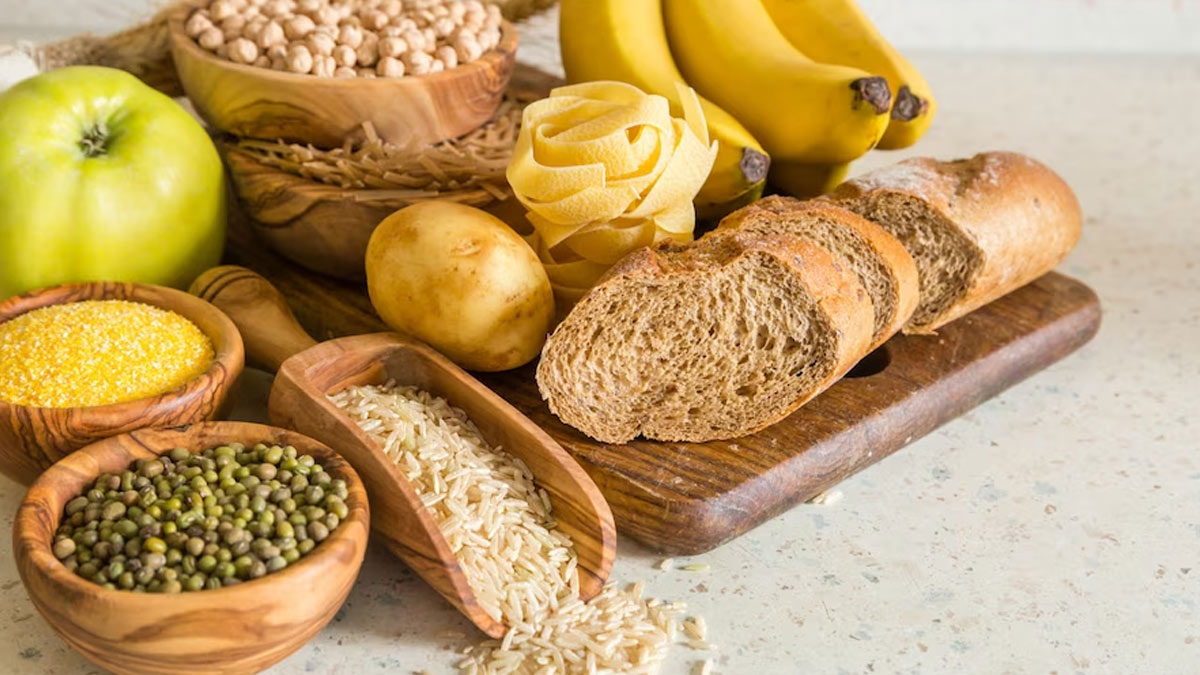
Overgrowth of Candida is often referred to as candidiasis, is a condition caused by the overgrowth of the yeast Candida albicans in the body. While small amounts of Candida are normal and exist in the body, an overgrowth can lead to various symptoms and health issues.
Table of Content:-
According to the Centre For Disease Control and Prevention, C Auris enters the circulation, it can cause infections ranging from skin infections to severe, life-threatening ones. This infection can lead to sepsis, multi-organ failure, and death. Understanding the symptoms, risk factors, prevention tactics, and available therapies of C auris is critical for managing this increasing health hazard.
As per Dr SK Gupta, Dermatologist based in Darbhanga, suggested 10 things you can do if you're suffering from candida overgrowth:
1. Limit Sugar and Carbohydrates
Candida feeds on sugar and carbohydrates, so reducing your intake of these foods can help starve the yeast and slow its growth. Avoid sugary snacks, processed foods, and refined carbohydrates.

2. Increase Probiotic Intake
Probiotics are beneficial bacteria that can help restore balance to the gut microbiome and inhibit the growth of Candida. Include probiotic-rich foods like yogurt, kefir, sauerkraut, and kimchi in your diet.
3. Antifungal Foods
Incorporate natural antifungal foods into your diet, such as garlic, coconut oil, oregano oil, and ginger. These foods can help combat Candida overgrowth and support immune function.
4. Stay Hydrated
Drinking plenty of water helps flush toxins from the body and supports overall health. Aim to drink at least 8 glasses of water per day to stay hydrated and support detoxification.
5. Reduce Stress
According to Microbial Pathogenesis, chronic stress can weaken the immune system and contribute to Candida overgrowth. Practice stress-reducing activities such as meditation, yoga, deep breathing exercises, or spending time in nature to promote relaxation and balance.
6. Eat a Balanced Diet
Focus on eating a balanced diet rich in whole, nutrient-dense foods. Include plenty of vegetables, lean proteins, healthy fats, and complex carbohydrates to support overall health and immune function.
7. Limit Alcohol and Caffeine
Alcohol and caffeine can disrupt gut health and contribute to Candida overgrowth. Limit your intake of alcohol and caffeinated beverages to support a healthy gut microbiome.

8. Stay Active
Regular exercise helps boost immune function, reduce stress, and support overall health. Aim for at least 30 minutes of moderate-intensity exercise most days of the week to promote a healthy immune system and gut microbiome.
9. Practice Good Hygiene
Practicing good hygiene habits, such as keeping the genital area clean and dry, can help prevent the spread of Candida. Avoid using scented hygiene products or douches, as these can disrupt the natural balance of bacteria in the body.
10. Consult a doctor
If you're experiencing persistent symptoms of Candida overgrowth, such as recurrent yeast infections, digestive issues, or fatigue, it's important to consult a healthcare professional for proper diagnosis and treatment. They can recommend appropriate treatment options, such as antifungal medications or dietary supplements, to help address your symptoms effectively.
Implementing these measures and adopting lifestyle modifications will help manage candida overgrowth while also promoting general health and well-being. However, it is critical to collaborate closely with a healthcare practitioner to create a tailored treatment plan that addresses your individual requirements and concerns.
Also watch this video
How we keep this article up to date:
We work with experts and keep a close eye on the latest in health and wellness. Whenever there is a new research or helpful information, we update our articles with accurate and useful advice.
Current Version
